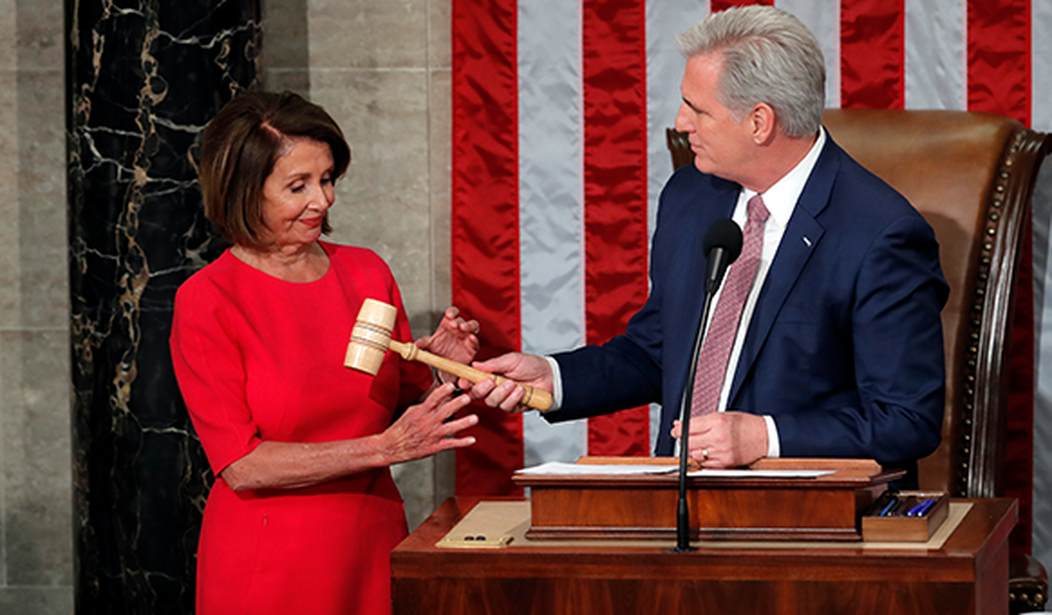The House of Representatives passed a provision to grant flexibility to autonomy to small businesses receiving forgivable loans from the Small Business Administration’s (SBA) Paycheck Protection Program (PPP).
The Paycheck Protection Flexibility Act (H.R. 7010) is a bipartisan addition to the PPP loan program, and passed nearly unanimously. As could be expected, Rep. Thomas Massie (R-KY) voted against the measure:
House approves bill giving flexibility to small businesses in how they use PPP loans. The vote was 417-1.
— Chad Pergram (@ChadPergram) May 28, 2020
The legislation gives small businesses utilizing PPP loans more flexibility and breathing room by ensuring complete access to payroll tax deferment, eliminating restrictions on loan periods, allowing forgiveness for expenses after the previously-designated 8-week period, extending the rehiring deadline and eliminating restrictions that limit non-payroll expenses to 25 percent of loan funds.
H.R. 7010, the Paycheck Protection Program Flexibility Act:
— House Committee on Small Business - Republicans (@HSBCgop) May 28, 2020
? Provides more time for small businesses to use their PPP loan funds.
? Gives businesses more choice in how they use loan funds.
? Ensures businesses are not penalized by high unemployment benefits.
Recommended
The #PaycheckProtectionProgram has been a critical lifeline to small businesses during this national health and economic emergency.
— House Republicans (@HouseGOP) May 28, 2020
The Paycheck Protection Program Flexibility Act addresses the ongoing needs of America's small businesses by making it easier for them to recover.
This bipartisan passage comes in the middle of a clash between Republicans and Democrats on proxy voting, as some Democrats blatantly use the newly implemented proxy voting system to avoid legislative duties.

























Join the conversation as a VIP Member